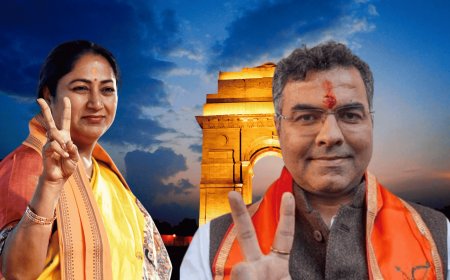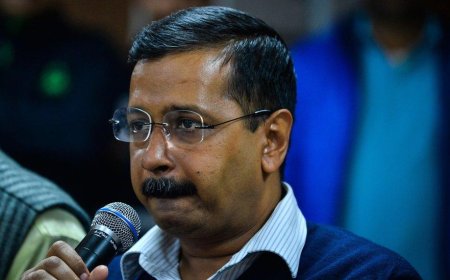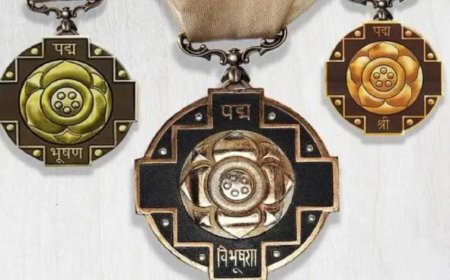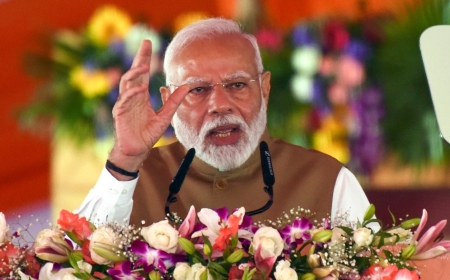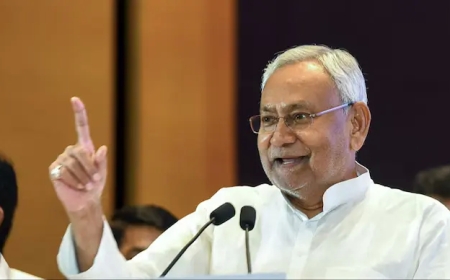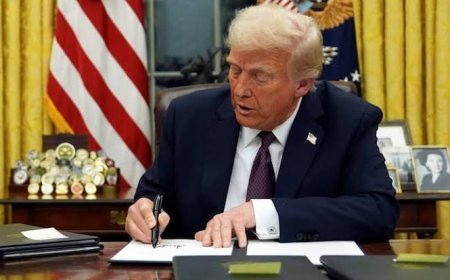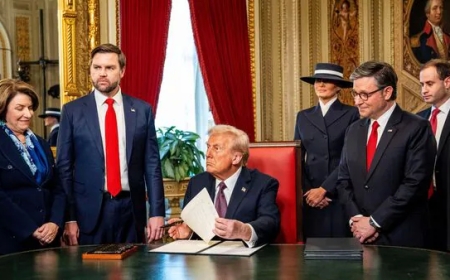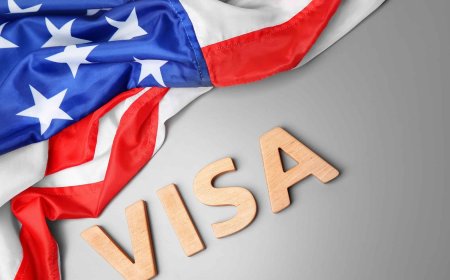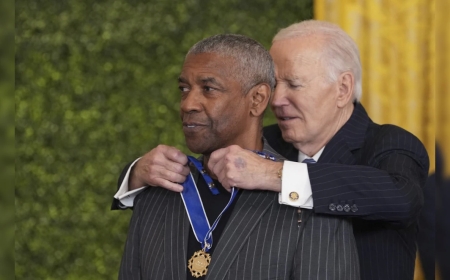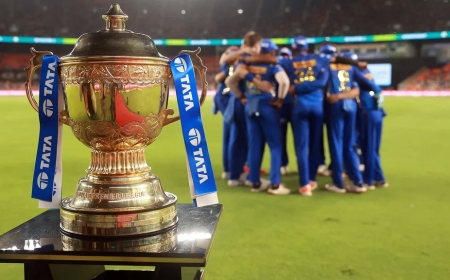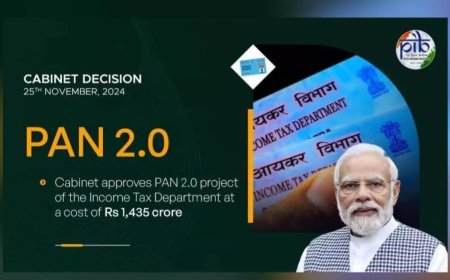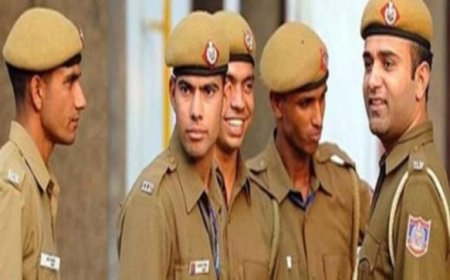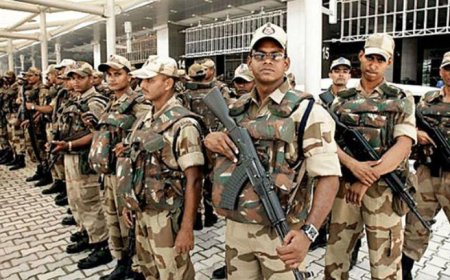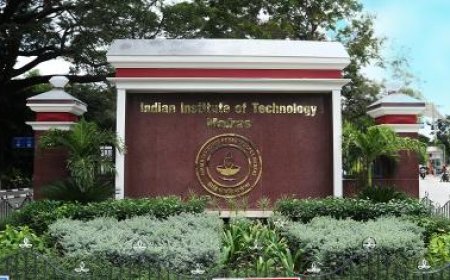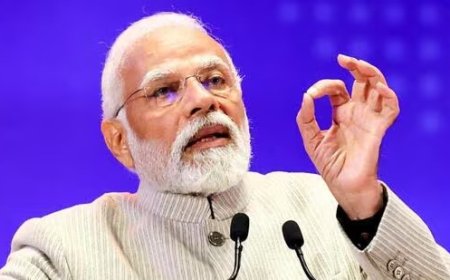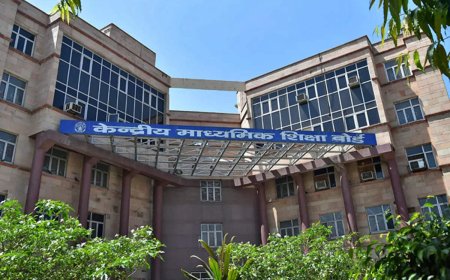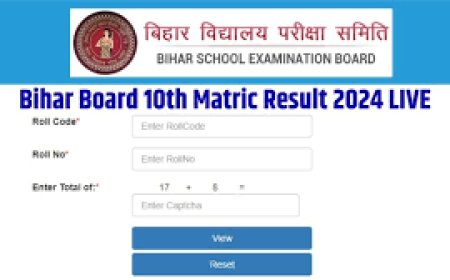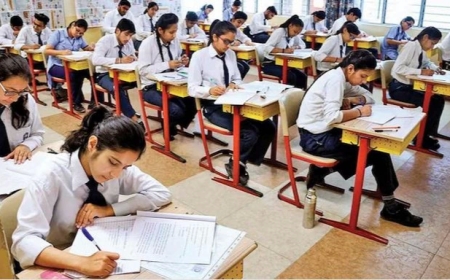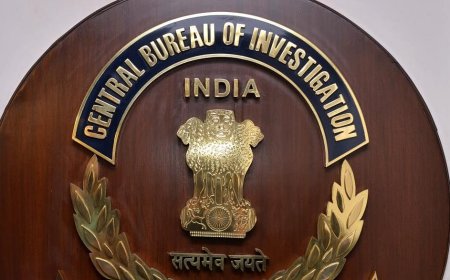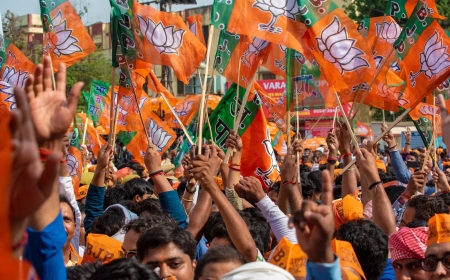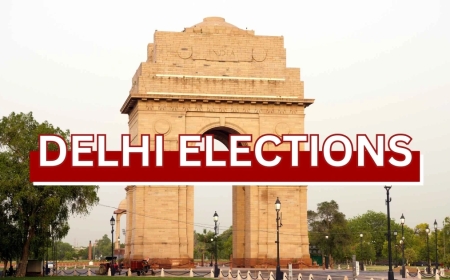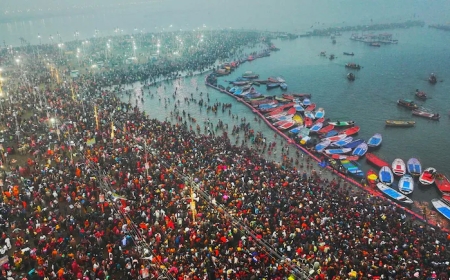Supreme Court's Decision on Article 370: What You Need to Know About This Important Judgment
Supreme Court Validates 2019 Amendment to Article 370, Ends Special Status of Jammu and Kashmir. Read More
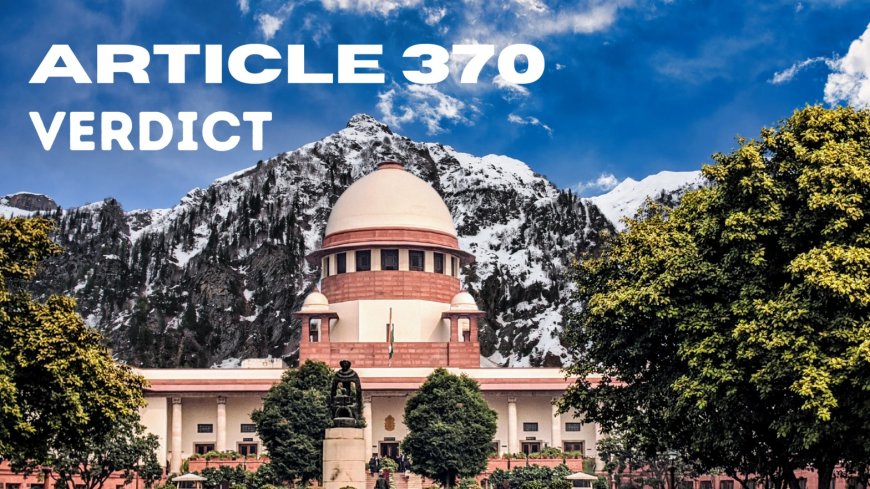
New DelhiI: In a historic judgment delivered today, the Supreme Court of India upheld the Union government's 2019 move to amend Article 370 of the Constitution, thereby putting an end to the special status granted to the erstwhile state of Jammu and Kashmir. Chief Justice of India, DY Chandrachud, presiding over a five-judge Constitution bench, declared the Constitutional order revoking Article 370 as legally sound.
After an exhaustive 16-day hearing involving 23 petitions, the court dismissed any notion of internal sovereignty for Jammu and Kashmir post its accession to India. Chief Justice Chandrachud clarified that there was no prima facie evidence suggesting the President's 2019 orders were made in bad faith or as an extraneous exercise of power.
While acknowledging the 2019 reorganization of the state into Union Territories as a temporary measure, the court issued directives for the restoration of statehood and the conduction of Legislative Assembly elections.
In a noteworthy addition to the verdict, Justice Kaul, in his concurring opinion, proposed the establishment of a Truth and Reconciliation Commission specifically for Jammu and Kashmir. This commission would serve to address and acknowledge alleged rights violations in the region.
The ruling marks a significant milestone in the legal and political landscape, bringing clarity to a matter that has been intensely debated and contested since the government's move in 2019.
What's Your Reaction?
 Like
0
Like
0
 Dislike
0
Dislike
0
 Love
0
Love
0
 Funny
0
Funny
0
 Angry
0
Angry
0
 Sad
0
Sad
0
 Wow
0
Wow
0
